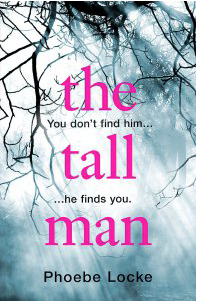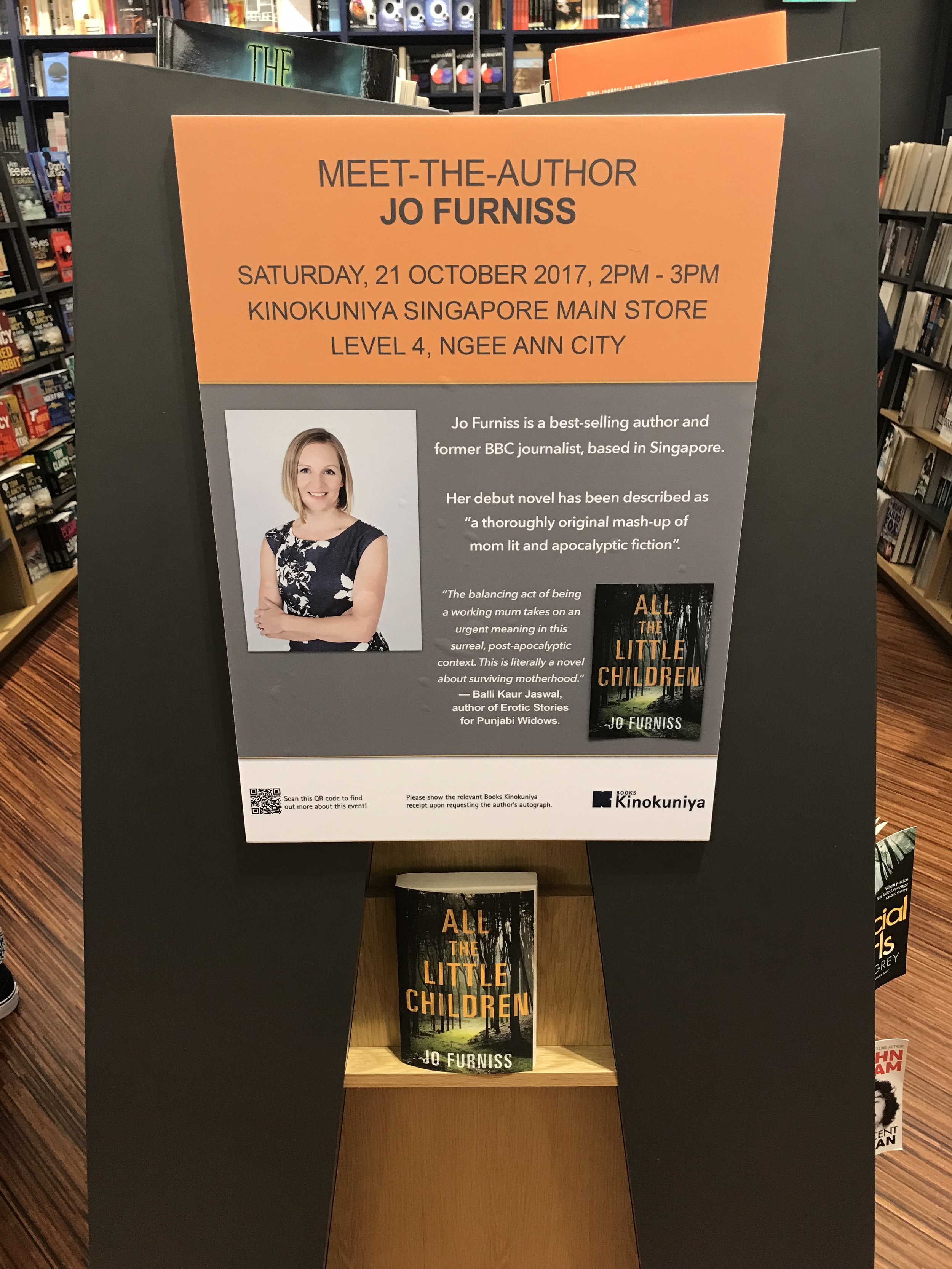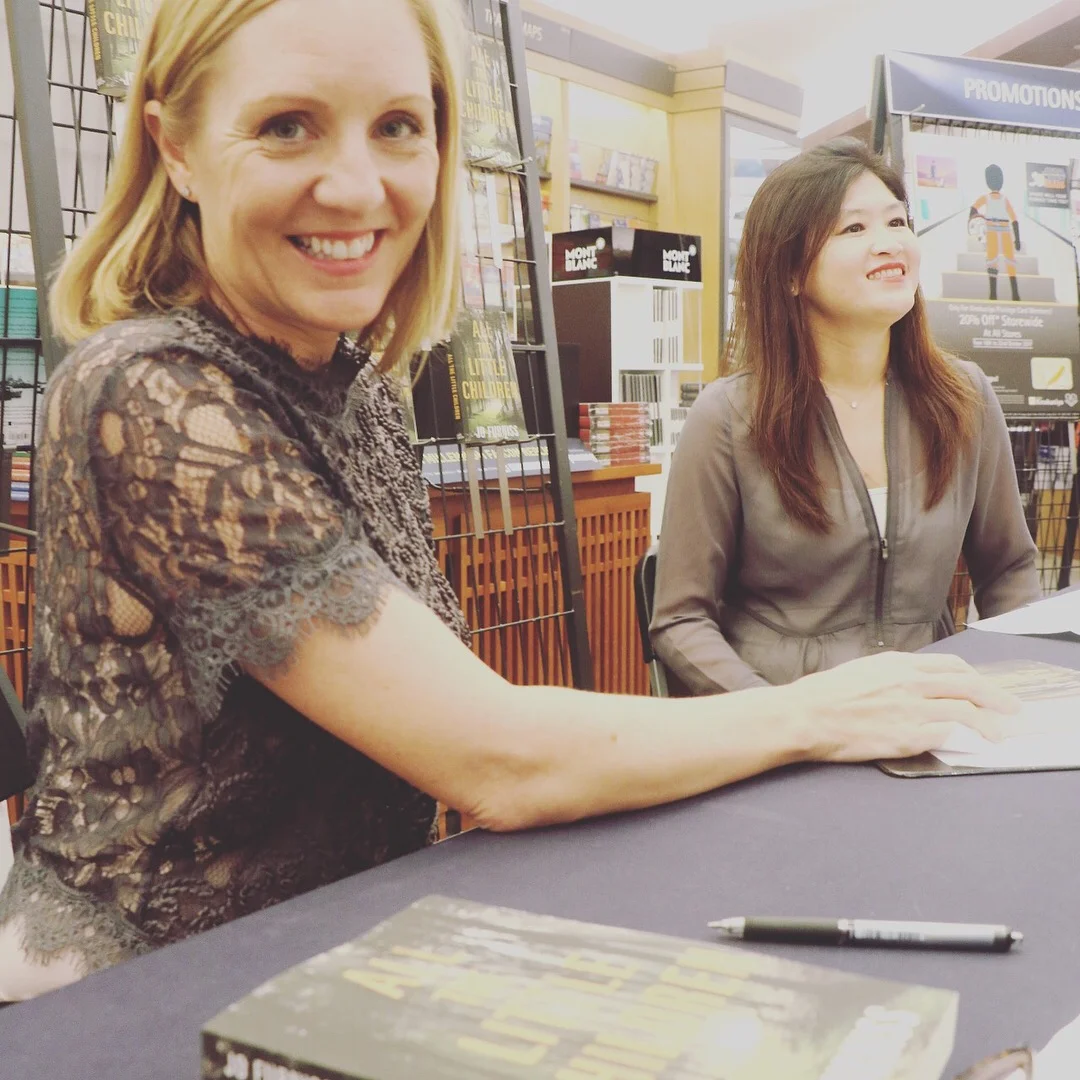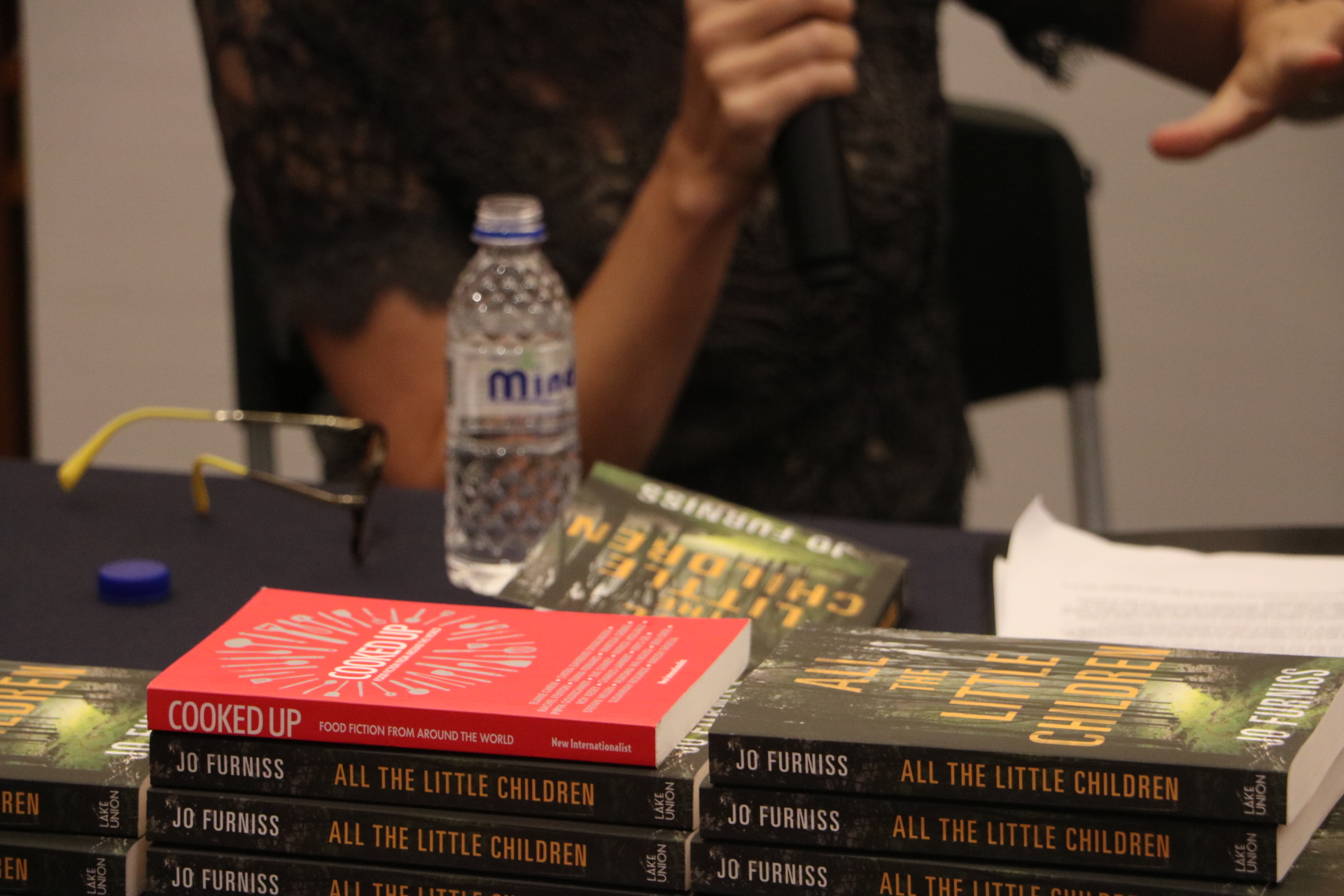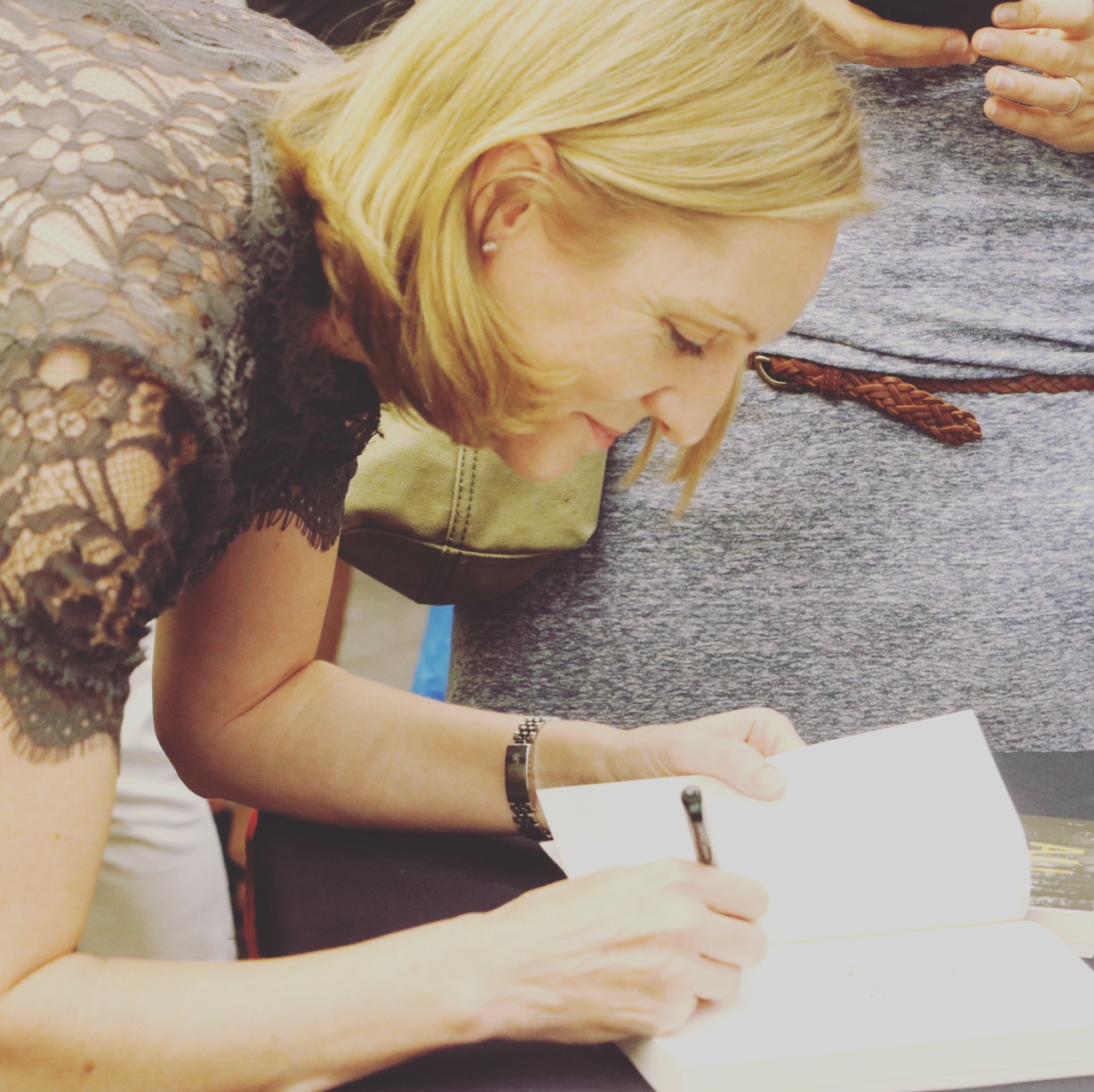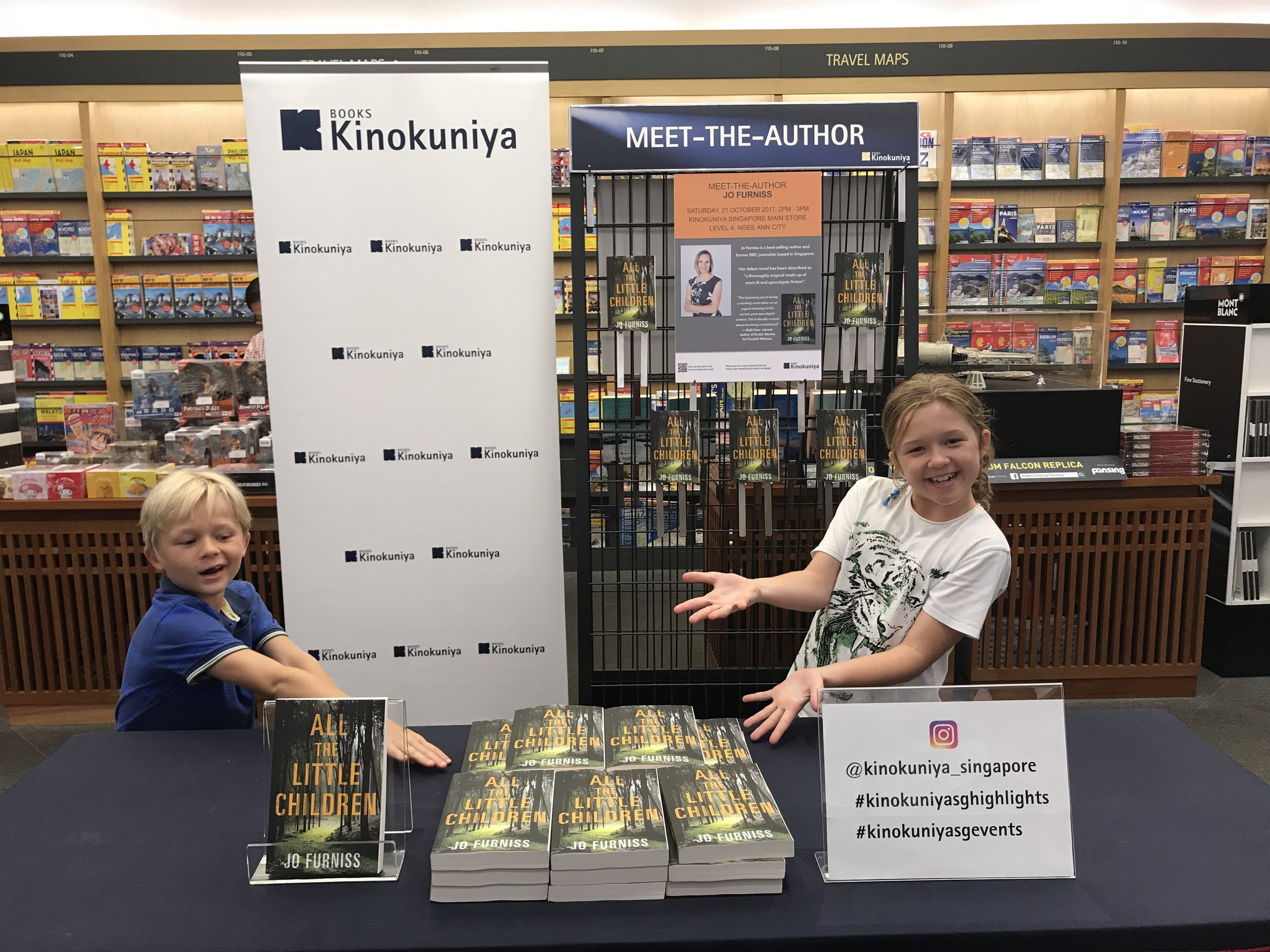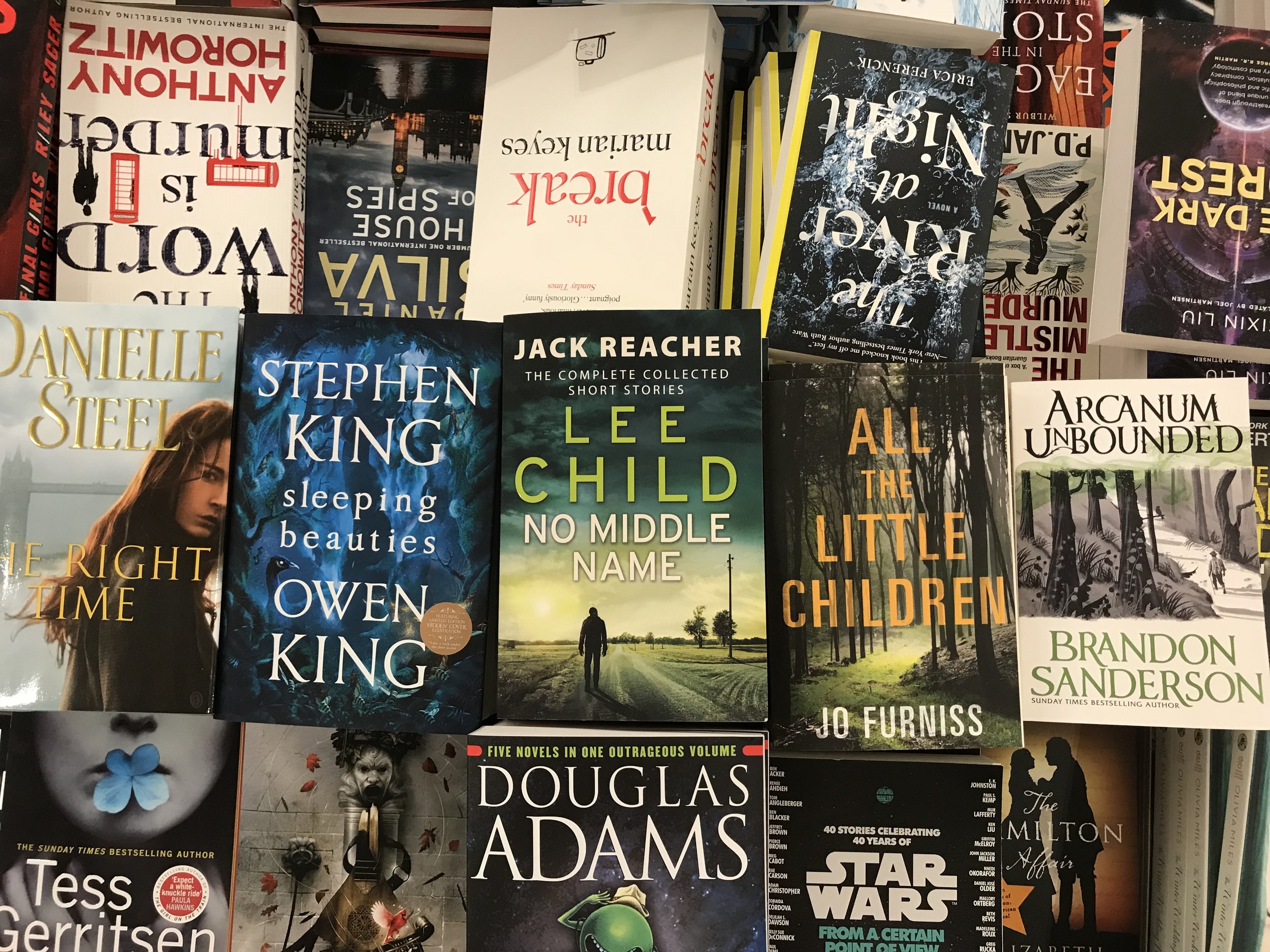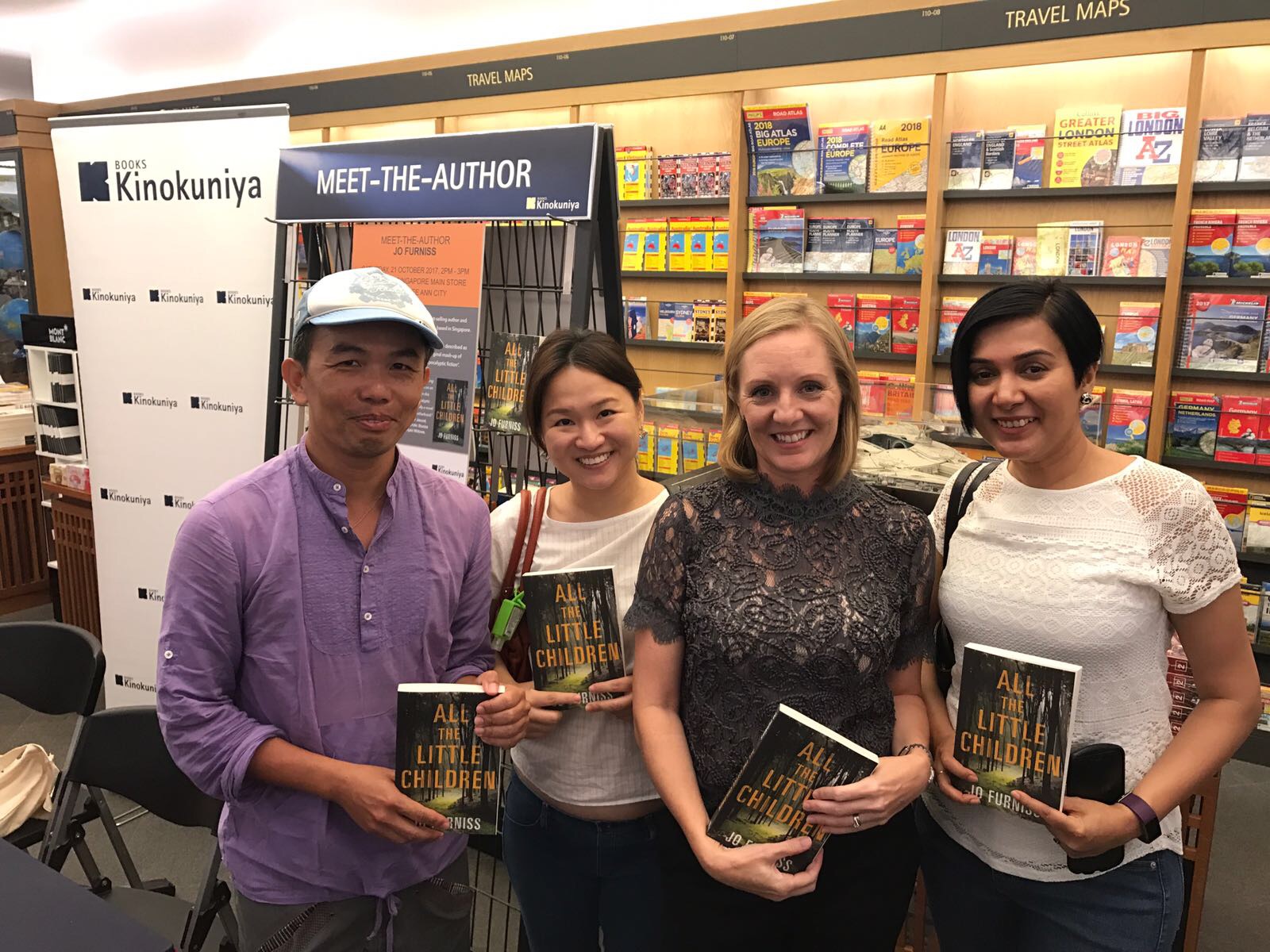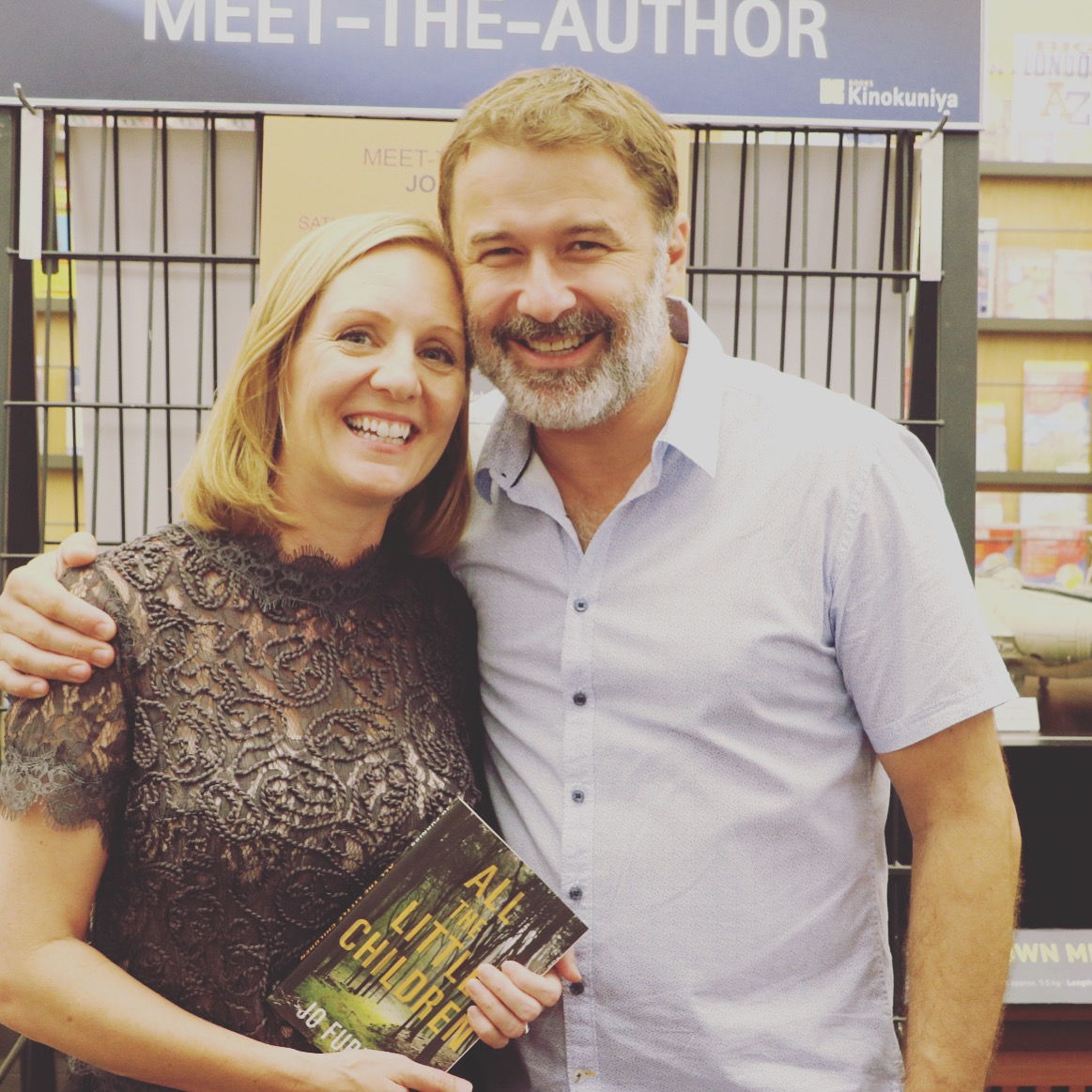At the start of The Witch Elm, Toby Hennessy introduces himself by saying, “I’ve always considered myself to be, basically, a lucky person”. This is the first line of the novel, in fact, and proves to be the key to its dark heart.
The unfolding story deconstructs that statement. It confronts Toby with the fact that - despite feeling that his life changed beyond recognition after being beaten to oblivion in the early chapters - he has always been, basically, oblivious.
Luck? Is it really ‘luck’ that gave young, white, male, middle-class, able-bodied, straight, handsome Toby Hennessy a leg-up in life? Just dumb luck? This is a novel about power and privilege.
The story is set in the elegantly dilapidated surroundings of the Ivy House, a mansion belonging to uncle Hugo, where Toby spent childhood summers with his cousins, Susanna and Leon. At times, The Witch Elm takes on the air of Donna Tartt’s The Secret History, as the three cousins meander through the pages, drinking good wine, slagging less-fortunate ‘skangers’ and philosophising at length. No-one (except uncle Hugo) is especially sympathetic and some of these sections feel directionless.
But French has an important point to make, symbolised by the Ivy House. The cousins inhabit the same world - literally the same house - but different realities. A macabre discovery in a tree in the garden, the wych elm of the title, forces Toby to dig back into their shared and unshared past experiences. He discovers the true meaning of ‘luck’.
A departure from her Dublin Murder Squad series, Tana French once again offers a work of literary fiction that happens to feature a murder. The plot is slow moving and character led. It won’t please fans of a rapid page-turner, although sections of the novel - especially the build up to the ending - are gripping. Both frustrating and brilliant, its strength hits after the ending; rather like the giant wych elm, you only realise the magnitude and scale of the ideas after stepping away and regarding it from a distance.
Review: Maria in the Moon, Louise Beech
Catherine is a troubled young woman. Unhappily promiscuous, traumatised after losing her home to a flood, lonely and stuck in a dead-end job, she is compelled to volunteer on a late-night advice line where she bears witness to other people's anguish. She is also an extreme insomniac and troubled by her own memories - or lack of them. Something happened in her ninth year, but what? The novel is a slow reveal of past events and the theme of flooding provides a profound parallel for her experience. Repeatedly, if unwillingly, Catherine returns to her ruined home to witness its tortured process of repair.
"I closed my eyes. Remembered. Snow landed on my cheeks now as rain had that day. That day. we all called it That Day. That Day I'd opened the gate, causing a small wave. That Day I'd paused when brown, thigh high water wet my underwear. That Day waves had lapped at the windowsill, splashed tears against glass. It spilled into airbricks, entered though every hole and crack, uninvited, intrusive. It ruined all that I'd built, all that I had." *
Maria in the Moon is a rare treat - a novel that is stylistically sophisticated as well as intriguing enough to keep the pages turning. The characterisation is especially strong, with Catherine's caustic wit lightening the load. She's a wonderfully real and loveable character, full of contradictions - sad but funny, bleak but warm-hearted, smart but childlike. Her big reveal creeps into view with a sense of inevitability rather than surprise (for the character and the reader alike), but Louise Beech holds back a final twist for a satisfying denouement. Maria in the Moon is an impressive - and thoroughly enjoyable - modern suspense novel.
* Going back to look for this quote for the review, I'm again struck by the cleverness of this novel. I can't explain why without massive SPOILERS but this paragraph takes on deeper meaning at second reading. The fabulous sub-text reminds me of the Victorian literature I studied at uni - very clever indeed.
Review: The Tall Man, Phoebe Locke
The Tall Man takes daughters... so they say. But is he real or just an urban legend?
Back in 1990, a group of girls scare themselves silly by going into the woods looking for The Tall Man. Ten years later, one of those girls abandons a newborn baby to protect her from a curse. In a third timeline, that baby is all grown up - and a notorious killer - and we unearth her truth through the eyes of a television crew who are filming the teenager's every move.
At this stage of the review, I should confess that I don't read horror or anything supernatural because I'm a massive wimp. I have never read a Stephen King book (apart from On Writing) for the same reason - I can't because I'll never sleep again. So I started The Tall Man with some trepidation, but I needn't have worried... I didn't find it frightening. Not even spooky. It was atmospheric - especially the forest scenes - but lacked real menace.
The story is compelling, with a twist straight out of a 'true crime' show, but the tension got lost in the dense undergrowth of peripheral characters and tangled plot lines.
Review: I Am Watching You, Teresa Driscoll
When Ella sees two local girls being chatted up by a pair of dodgy-looking men on the train to London, she considers intervening but decides to mind her own business. The next morning, one of the girls is missing.
Fast forward to a year later, and we meet all those touched by the tragedy - Ella, the witness whose life has been turned upside down after being publicly shamed for 'doing nothing', the friend with survivor's guilt, the grieving father with a secret of his own... and the mysterious voice of someone obsessed with watching. But who is he watching?
Via multiple points of view, short chapters and sentences, Teresa Driscoll maintains a breathless pace and a complex plot where every character has something to hide. In the genre of quick-read, can't-put-it-down, twisty-turny domestic thriller, this one delivers to perfection.
Review: The Essex Serpent
#AmReading
5* review
I find it tricky to review books I love as much as this one. Hard to know where to start, so I'll focus on a few elements that made this historical fiction sing to me.
The main character is Cora Seabourne, a wealthy widow who outlived a violently abusive husband and no longer Gives Any Fucks. A Victorian feminist in the tradition of Jane Eyre or Elizabeth Bennett, she is an awesome creation. Striding about the wilds of Essex in her hobnail boots and man’s coat (it is the condition of this coat rather than her behavior that raises eyebrows), she is driven on by a passion for paleontology. Rumours of a vicious beastie lurking in the Blackwater are too much for her to resist.
The novel is packed with incident and drama – like a classic Victorian novel, it is full of doomed love affairs, sudden and brutal changes of fortune, and a touch of the supernatural crashing hard into religious doctrine - but it is the characters that keep pages turning.
As well as Cora, there is a wide cast of friends and relations each of whom has a rich inner life. Sarah Perry avoids the usual depiction of Victorians as judgmental prudes, favouring a range of complex opinions and beliefs on politics and morality; much as we are now. With mentions of soldiers returning home from the war in Afghanistan and a London housing crisis, there is something pleasingly modern and relatable about this historical slice of Essex life.
Combined with the atmospheric descriptions of the landscape – a place of saltings and bladderwrack – it sparks Cora's world to vivid life.
“On turns the tilted world, and the starry hunter walks the Essex sky with his old dog at his heels.”
Book Launch: All the Little Children
It's a dream moment for every author - the book launch of their debut novel. Mine was hosted by the mighty Kinokuniya at their flagship store on Singapore's Orchard Road - the equivalent of Oxford Street or Fifth Avenue - so an exciting place to introduce my book to the world.
From my spot behind the podium, it felt a bit like a wedding as I spotted friends old and new in the crowd. I was particularly delighted to see so many fellow authors from the Singapore Writers Group, as this inspiring bunch have been staunch companions on the journey to publication.
Likewise, my "Brownies" - a critique group that emerged from a short Curtis Brown course at the Singapore Writers Festival in 2013 - were out in force. Another writer friend, the Bridport-prize winner Elaine Chiew, brilliantly compered the event.
Maybe I'm not very good at this book marketing business, but the event for me was more of a personal milestone than an opportunity to sell units - though I'm grateful to everyone who went home with a green and orange cover inside a linen tote! Several people bought a whole stack for Christmas presents, which I think is excellent planning.
People often ask what is the hardest part of writing a novel and I say "not stopping". There are so many logical reasons to stop, especially that first novel. It feels like you're running down a dark tunnel with no idea if there's a light at the end. It's an act of blind faith. I've been to so many book launches and readings and signings over the years, wondering how you get to be the one behind the table. Turns out that the hardest part is also the simplest - you don't stop writing.
Review: The Outrun, Amy Liptrot
It’s always a delight to read novels in situ - enjoying a work of literature while immersed in the landscape of its setting adds value to both experiences.
My first stop on arriving in the Scottish island of Orkney was Skara Brae - a site of neolithic houses, beautifully preserved in the sand, which pre-date the Egyptian pyramids and Stonehenge. While sheltering from the ubiquitous Orcadian wind in the gift shop, I chanced upon treasure and gave a squeak like an archaeologist uncovering an ancient hoard: a book set here in Orkney.
The Outrun describes Amy Liptrot’s journey from her island home—and the kind of childhood that involved galloping on horseback across the sands behind Skara Brae—to a ten-year period of alcoholism in London, then back home to Orkney and sobriety. Rather than the misery memoir you might expect, Liptrot engages in a psychoanalysis of Orkney itself. The Outrun is a detailed, beautiful and compelling paean to the place that made, broke and healed her.
The book is full of curiosities: such as the time a storm washed a seal clean over a fence. Or the fact that schools prevent the smallest children from playing outside in high winds for fear they will blow away. And the kindly neighbour who delivered a third of a cabbage to her isolated house because she’d complained that a whole vegetable for too large for a single person.
Sometimes, it’s hard to know where Orkney ends and Amy begins. Time and again, she frames herself, her illness (and that of her father who is bipolar), in terms of the landscape; glorious and deeply meaningful metaphors about tides, migratory birds, geology. At the start, she says: ‘I was born into the continual, perceptible crashing of sea at the edges’. By the end of the book: ‘I’m realising that times of anxiety are necessary and unavoidable and, in any case, I like the edge: it’s where I get the best ideas. The edge is where I’m from.’
The Outrun started as a column and the later chapters occasionally fall into a episodic pattern that suggests a compilation of articles rather than a continuous narrative. But Liptrot’s elegant prose, acute observations and straightforward honesty carry this memoir about life lived in the wild.
Review: The Beautiful Dead, Belinda Bauer
Reading Belinda Bauer thrillers when you're alone in the house is never a good idea. Reading her books when you're alone and supposed to be writing your own novel is a terrible idea. With the story dipping and diving between the surface tension of the plot and the depths of the characters, it is hard to come up for air.
Eve Singer is a TV reporter on the 'meat beat' as a crime correspondent. Although a fairly typical hack in terms of ruthlessness and cunning, her squeamishness and aplomb in the face of casual sexism from rival hacks give her instant appeal. Most sympathetic of all, her home life is almost as tragic as the news she covers day-in, day-out. When a serial killer bursts onto the scene - literally, he sees himself as an artist - Eve thinks she has a chance to make the big time. Until she realises that she might become the next item on the evening news.
The baroque nature of the killer, who bears a passing resemblance to whatsisname from Silence of the Lambs, is alluded to in the butterfly-strewn cover art. But that is perhaps the only over-familiar aspect of this elevated crime novel - Bauer rings unusual notes that lift The Beautiful Dead out of the realms of the ordinary; lashings of black humour, a sweet little romance, a touching father-daughter plot line, and a wonderful kick-ass female detective whose diminutive size belies her mad skills.
Fans of crime fiction will love The Beautiful Dead. Fans of a nicely-turned phrase will too.
Review: The Dinner, Herman Koch
The novel plays out during an evening meal at a fancy restaurant, while two brothers and their wives attempt to resolve a family issue. It's a masterclass in the unreliable narrator and the slow reveal, as we are lead to conclude that the main character is a cranky misanthrope with a long-suffering wife, a failure with a humiliatingly-successful sibling, a sociopath with violent tendencies, and worse... and worse... until the true natures of the individuals gracing the dinner table are revealed. It's impossible to like anyone in this novel, but it's equally hard to stop thinking about them after it's finished. Brilliantly judged, whenever its exceptional darkness threatens to turn the stomach, a wicked dash of humour cleanses the palate.
What to read... in Singapore
People very often ask for recommendations of books to read while in Singapore. Here are my top ten titles to prepare you for life in the Garden City.
And if I've left you wanting more, check out Singapore's vibrant poetry scene, especially my personal favourite, Cyril Wong.
Review: All the Birds, Singing by Evie Wyld
Beautiful, lyrical, unusual suspense novel that perfectly walks the line between literary and thriller.
When we first meet Jake Whyte she is a lonely misfit, caring for sheep using her brutal strength amid the inhuman landscape of a Scottish island. Something is coming for the lambs in the night and we're not sure if it's a fox, a strange beast that locals claim inhabits the island, or something worse - something from Jake's past that may be connected to scars on her back. Then we move backwards in time, through Jake's sordid past in Australia, where every stage in her sad life is not quite what we expect.
Accomplished and moving novel, with an intriguing main character who upsets all our expectations of both women and literary tropes.
***
For more reviews follow my Goodreads author page: https://www.goodreads.com/goodreadsjofurniss
Review: We Need to Talk about Kevin, Lionel Shriver
It's hard to write a review for a book that could easily support a thesis.
This novel is a rare example of both form and content being raised to the highest level, as well as a conclusion that is inevitable but shocking. It's extraordinary in its ability to trigger both revulsion and sympathy, and leave you feeling for the characters long after the pages have turned.
I gave this novel 5* on Goodreads, where you can follow my reviews or author page
Review: Erotic Stories for Punjabi Widows, Balli Kaur Jaswal
In this brilliantly-observed novel, the main character reminds me very much of her home city of London; Nikki embodies its complex blend of cultures, its tradition and modernity, conformity and subversion, warmth and conflict.
When Nikki volunteers to run a writing class at a local gurdwara, she becomes our guide to Southall, where we meet a group of barely-literate women who quickly reveal a shared passion and talent for story-telling. Their tales are both erotic and risky, given the social tensions at play within their Sikh Punjabi community.
The novel is packed full of lifelike characters who are drawn with warm-hearted (and sometimes wicked) wit. By turns touching and saucy, with a suspense to raise the stakes, Erotic Stories for Punjabi Widows is a layered and satisfying read.
But I may never feel the same way about ghee.
***
Follow my reviews or author page on Goodreads: https://www.goodreads.com/goodreadsjofurniss
Now That It's Over, O Thiam Chin
"During the Christmas holidays in 2004, an earthquake in the Indian Ocean triggers a tsunami that devastates fourteen countries. Two couples from Singapore are vacationing in Phuket when the tsunami strikes."
Beautifully structured and paced tale of two couples caught up in the Asian tsunami of Boxing Day 2004; their minor personal tragedies revealed by the major disaster. Deserving winner of the inaugural Epigram prize, Singapore's richest literary award.
I gave this novel a 4* rating on Goodreads
The Taken, Alice Clark Platts
The second instalment of the DI Erica Martin series offers another slice of quality crime. Martin faces a "perfect storm" of a murder; so many suspects, so many motives, and a victim who is even nastier than the killer. These threads are all tied up with string in a satisfying conclusion.
A God in Ruins, Kate Atkinson
If the previous, companion novel Life After Life is about, well, life... then A God In Ruins is about death. Melancholy pervades the many overlapping stories of four generations of the Todd family. Atkinson's command of structure allows us to move around in time to span almost a century of Teddy Todd's life; but we return again and again to WW2, to Teddy's role in Bomber Command, with the circular narrative (plus layer upon layer of imagery and motifs) delivering the same sense of inevitability as the central plot device of rebirth in Life After Life. Why? Why circle around one core experience of an unexceptional (for those swept into WW2) man's life? It's not simply a gimmicky plot device, surely? No, Atkinson has a point to make and saves it for the closing pages, when her writing is breath-taking (literally, I held my breath for about four pages) and beautiful and furious.


